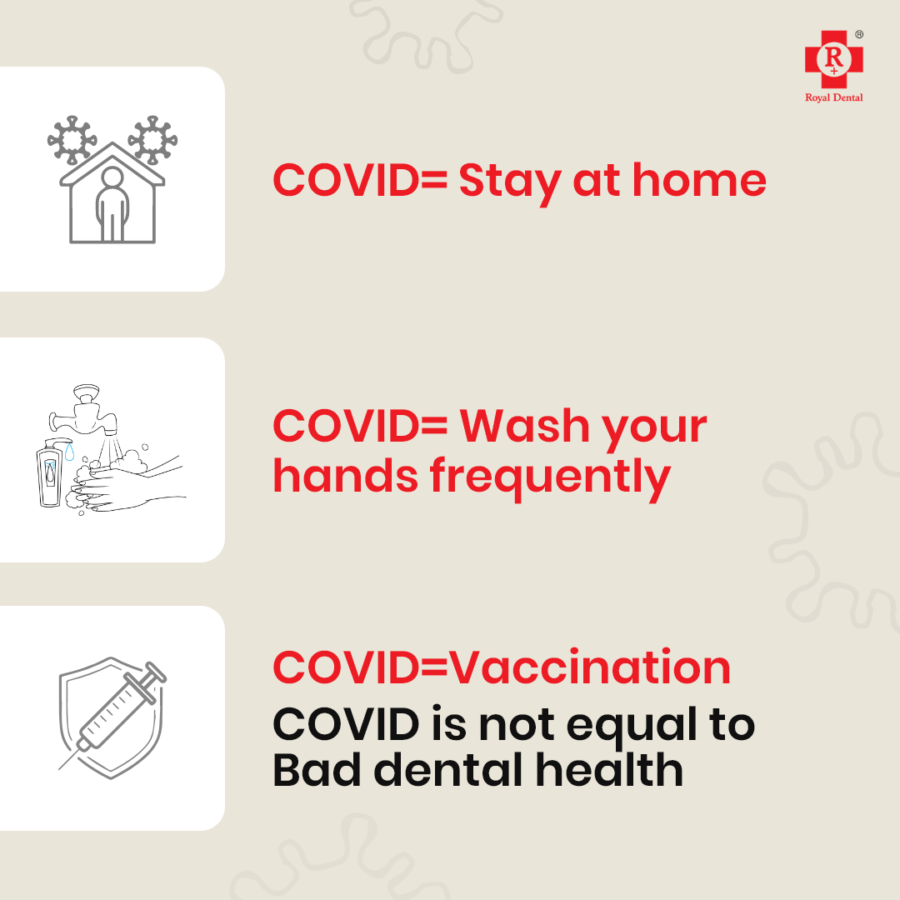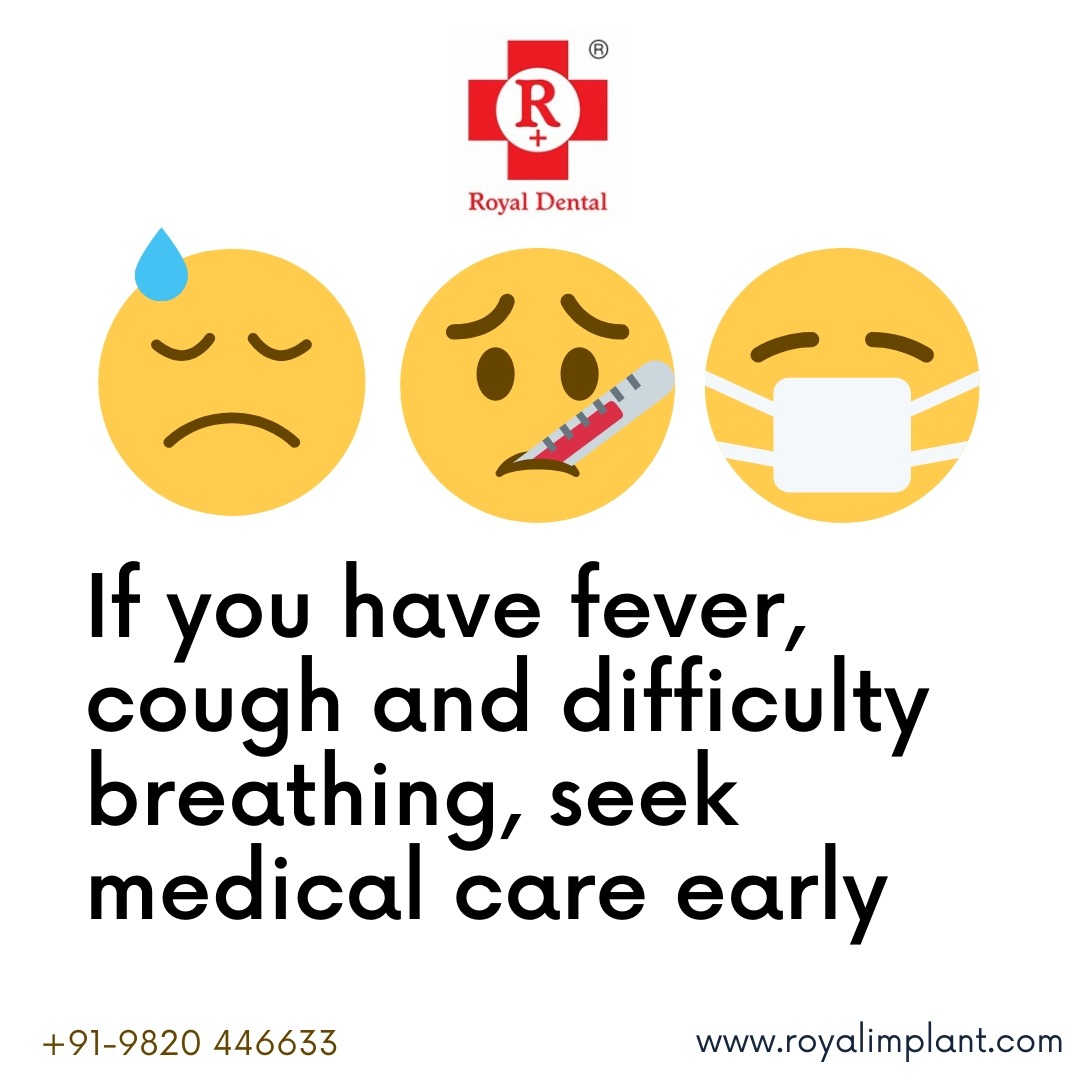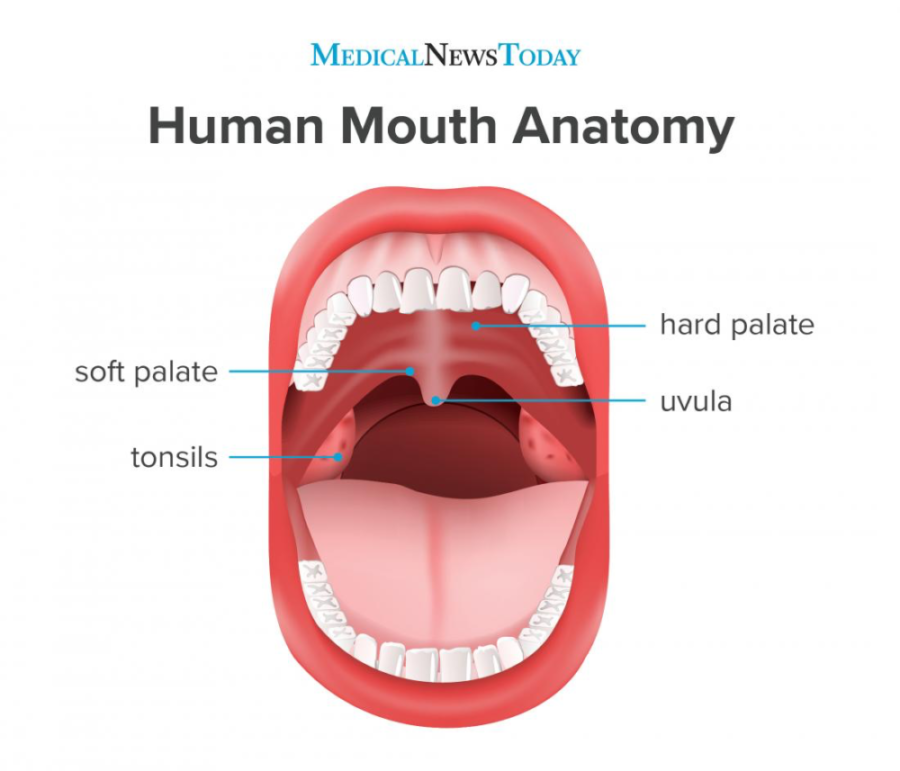Coronavirus is a group of viruses that can be found in many different types of animals, including humans. These viruses are primarily spread through the exchange of bodily fluids such as saliva or mucus. A coronavirus infection in humans can cause severe symptoms than other more common respiratory illnesses like the common cold. Because it causes severe effects, many people have lost their lives in 2020-2021. Coronavirus is considered to be a rare virus. If you think you might have symptoms like fever or cold or breathing issues, read on to learn!
What are the oral cavity symptoms of coronavirus?
Coronavirus oral cavity symptoms are primarily located in the mouth, throat, and tonsils. If you have been exposed to a COVID-19 and begin experiencing these symptoms, you may have contracted an infection.
Sore Throat – One of the most common oral cavity symptoms of coronavirus is a sore throat. You may also experience difficulty swallowing, a scratchy throat, or a sensation of something stuck in your throat.
Fever – Another oral cavity symptom of coronavirus is a fever that can last anywhere from 1-3 days. The fever may be accompanied by chills, weakness, fatigue, aches, or other flu-like symptoms.

Swollen or Bleeding Gums – Swollen or bleeding gums (gingivitis) can occur with a coronavirus infection. If you are experiencing other oral cavity symptoms, you may notice that your gums are swollen or red.
Headache – A headache is one of the other oral cavity symptoms of coronavirus. These headaches are usually mild, but may still be persistent.
Sore Mouth – Some people with oral cavity symptoms of coronavirus may experience a sore mouth. Other oral cavity symptoms can include a change in taste, mouth ulcers, and a change in saliva consistency.
Head and throat symptoms | Oral Cavity
In addition to the oral cavity symptoms, there are also some head and throat symptoms of coronavirus. These can include a sore throat, runny nose, runny eyes, coughing, sneezing, and a low-grade fever.
Sore Throat – One of the most common oral cavity symptoms of coronavirus is a sore throat. You may also experience difficulty swallowing, a scratchy throat, or a sensation of something stuck in your throat.
Runny Nose – Another common head and throat symptom of coronavirus is a runny nose. You may also experience runny eyes or a low-grade fever.



Sneezing – Sneezing is another symptom of possible coronavirus infection. If you are experiencing a runny nose or other nasal symptoms, you may also find yourself sneezing frequently.
Coughing – Some people with coronavirus will also experience a cough that may be accompanied by some mucus.
Mouth and throat irritation symptoms
In addition to the oral cavity symptoms, there are also some mouth and throat irritation symptoms of coronavirus. These symptoms can include a change in taste, mouth ulcers, and a change in saliva consistency. –
Change in Taste – A change in taste is one of the common mouth and throat irritation symptoms of coronavirus. This can include a change in how sweet foods seem, as well as a change in the saltiness of things like crackers or chips.

Mouth Ulcers – A change in taste may also come along with mouth ulcers. These painful sores can appear anywhere in the mouth, including on the gums, tongue, and roof of the mouth.
Change in Saliva Consistency – Another common mouth and throat irritation symptom of coronavirus is a change in saliva consistency. You may notice that your saliva has become thicker than usual or that it is coming out more frequently than it normally would.
Stomach and abdomen symptoms | Oral Cavit
Stomach and abdominal symptoms of coronavirus are less common, but still possible. These symptoms may include vomiting, diarrhea, cramps, and a low-grade fever.
Vomiting – A stomach or abdominal symptom of coronavirus is vomiting. You may vomit occasionally or frequently depending on the severity of the infection.
Diarrhea – Another abdominal symptom of coronavirus is diarrhea. This symptom may be accompanied by cramps, nausea, and a low-grade fever.
Cramps – Cramps in your abdomen are a possible symptom of coronavirus. These cramps may be mild or severe depending on the severity of your infection.
Low-Grade Fever – A low-grade fever is one of the abdominal symptoms of coronavirus. This fever can last anywhere from a day to a few days and may be accompanied by chills, weakness, or other flu-like symptoms.
Bottom line
As you can see, there are many oral cavity symptoms of coronavirus. If you have been in close contact with someone who has been infected by coronavirus or your animal has been infected by this virus, it is important to take precautions to prevent the spread of the virus. If you think you have contracted an oral cavity symptoms of coronavirus, you may be able to reduce the severity of the infection by drinking plenty of fluids, eating soft food, and taking over-the-counter medications to reduce pain and swelling.






